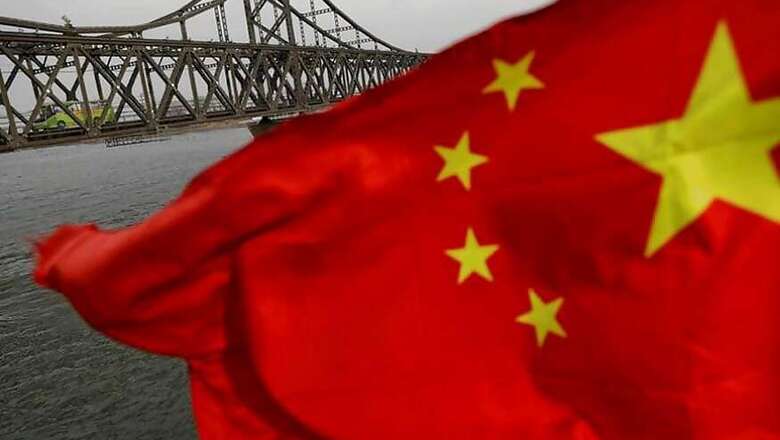
views
Beijing: Proposals by the European Union to establish a "carbon border tax" will damage the global community's willingness to take joint action against climate change, China said on Wednesday.
The EU's new climate commissioner Frans Timmermans said in October that research would begin on the new tax, which is aimed at protecting European firms from unfair competition by raising the cost of products from countries that fail to take adequate action against climate change.
But Europe's proposals, together with the decision by U.S. President Donald Trump to withdraw from the 2015 Paris agreement, would seriously harm international efforts to tackle global warming, said Zhao Yingmin, China's vice environment minister, at a briefing on Wednesday.
"We need to send a strong political signal to uphold multilateralism," he said. "We need to prevent unilateralism and protectionism from hurting global growth expectations and the will of countries to combat climate change together."
Any border tax would likely raise the price of Chinese goods in the European market, and Beijing believes it would violate a core principle of the Paris agreement on climate change, which says richer countries should bear the greater responsibility for cutting emissions.
As part of its national commitments to the fight against global warming, China - the world's largest emitter of climate warming greenhouse gas - has pledged to bring its emissions to a peak by "around 2030".
It has also cut levels of carbon intensity - the amount produced per unit of economic growth - by 48.5% from 2005 to 2018, two years ahead of schedule, Zhao said.
But the United States says the Paris accord is unfair to U.S. firms because it does not do enough to tackle emissions from competitors in China and India.
China's total annual emissions stood at around 14 gigatonnes in 2018, according to a study published by the United Nations this week, more than twice the U.S. level. China's per capita emissions are around the same as Japan and the European Union.
China was also making progress on its long-awaited efforts to build a nationwide carbon trading platform, Li Gao, head of the climate change office at the environment ministry, told the briefing, though he did not give a timeframe.
China pledged to launch the platform in 2017 as part of its Paris commitments, but it has faced a series of technical difficulties.




















Comments
0 comment